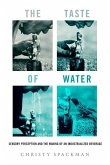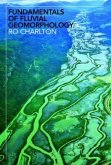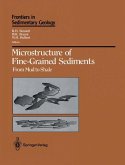"The Fluvial Imagination is a treat! Colin Hoag's keen ethnographic eye reveals how much work has had to be done to transform the Basotho's beloved pula (rain) into the exportable and commodified 'water, ' demonstrating in the process how dams are entangled with a host of thorny social and political issues."--James Ferguson, author of Give a Man a Fish: Reflections on the New Politics of Distribution "The Fluvial Imagination offers a rich account of the ecological, political, and economic contradictions produced through Lesotho's water-export economy. The work is engaging and well-written, based on long-term ethnographic fieldwork in Lesotho's grazing communities, where lives and livelihoods are bound by the state's management of water as an economic asset, as well as state projects to counter soil erosion. Colin Hoag deftly combines his significant talents as a writer and theorist in this important book."--Laura A. Ogden, author of Swamplife: People, Gators, and Mangroves Entangled in the Everglades "The Fluvial Imagination is a beautifully written book that dwells in the ongoing colonial and racialized practices with which water, land, and labor are produced in Lesotho to serve cities and mines in South Africa. Thoroughly researched and thoroughly interdisciplinary, the book shows why (and how) it is necessary to engage histories of racialization and commoditization in scientific practice, on one hand, and natural scientific practices in the social sciences, on the other. In describing the ongoing histories and infrastructures that make water and empire durable forces in the world, this book is a wonderful and timely contribution to the work in anthropology, geography, and the environmental humanities."--Nikhil Anand, author of Hydraulic City: Water and the Infrastructures of Citizenship in Mumbai
Hinweis: Dieser Artikel kann nur an eine deutsche Lieferadresse ausgeliefert werden.
Hinweis: Dieser Artikel kann nur an eine deutsche Lieferadresse ausgeliefert werden.








